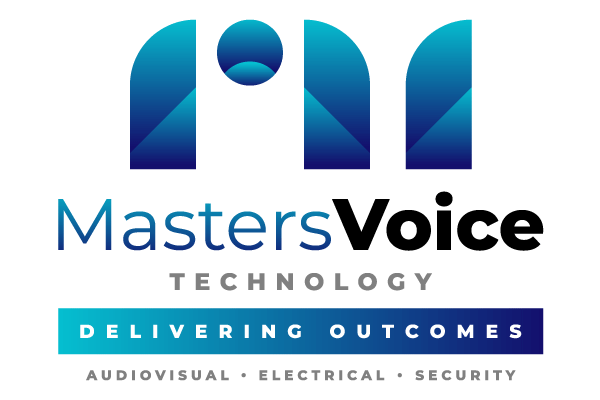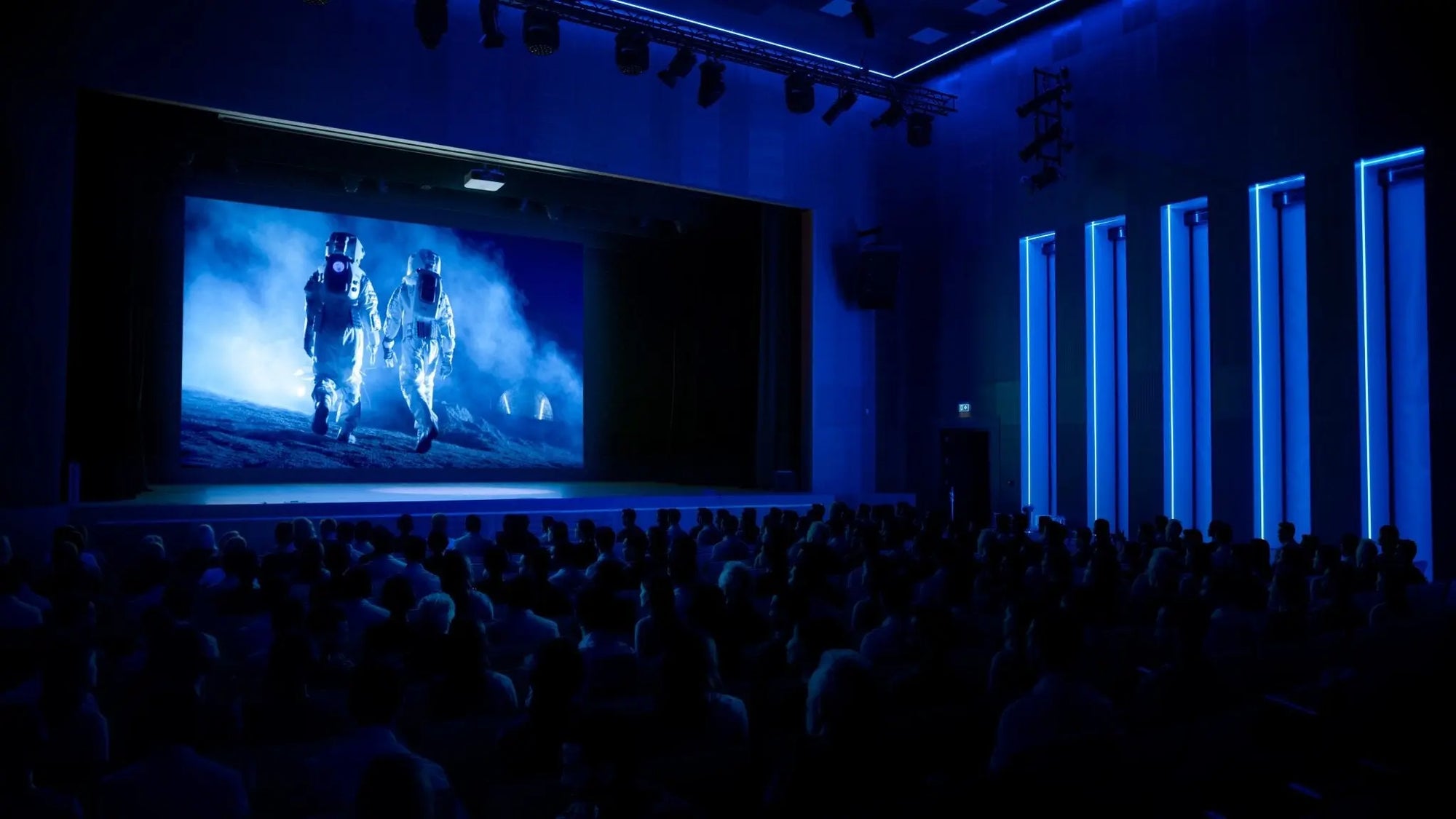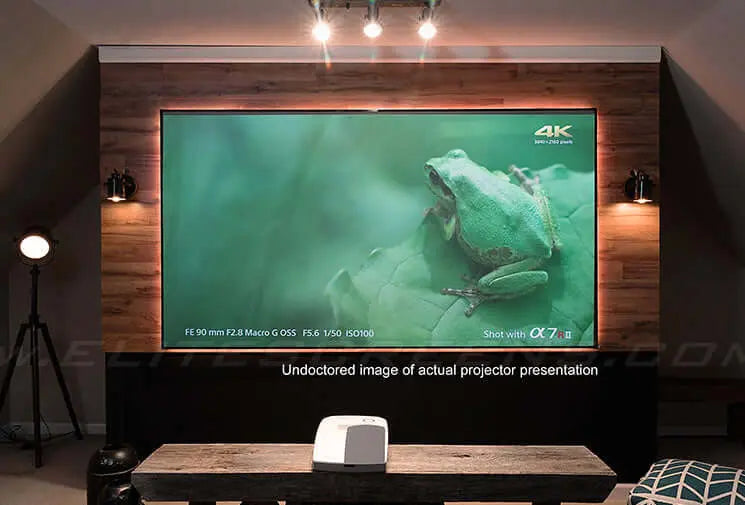Our Top Six Recommendations for Selecting your next Home Theatre Projector
You want to get a projector for your home to watch movies and TV content on an extra-large screen. But, you have questions and feel unsure about what to look for. Below are six quick and simple things you need to know when selecting a Home Theatre Projector. Achieving theater-level picture quality at home is getting closer to reality.

How bright should my projector be?
Projector brightness is measured in ANSI lumens. Home theater projectors generally start out at about 1000 lumens and range upwards to 2500 lumens and more. Your viewing environment is the deciding factor on how many lumens your projector needs. Dedicated home theaters (rooms with controlled lighting and no ambient light) will not require as much brightness as a space with ambient light from windows or other household lighting.
We recommend selecting the following lumen outputs:
- Dedicated home theaters need 1000 lumens or brighter.
- Rooms with some ambient light should have at least 1500 lumens.
- Spaces with high ambient light need about 3000 lumens.
Buying Recomendation 1 - Choose a Projector with 3000 Lumens Minimium
Aspect Ratio Home Theater
A 16:9 native aspect ratio is designed primarily for home theater use. This is because widescreen DVD, Blu-ray and HDTV signals are broadcast or encoded in the 16:9 format. Home theater enthusiasts tend to prefer 16:9 aspect ratios because they are closer to original 35mm film format.
Buying Recomendation 2 - Aspect Ratio 16:9 ( Most Versatile)
Contrast Ratio
A projector should have a contrast ratio of 1000:1 at a minimum. (This means that the purest white is 1000 times brighter than the deepest black.) Additional features, such as BrilliantColor and sRGB, allow you to better control and perfect the color processing for your projector.
Buying Recomendation 3 - We recommend a Contrast Ratio 10 000:1
Noise Level
Not though about a lot but important as there is nothing more aggravating than a loud noise interrupting those quiet moments of your favorite show or movie. Because of this, it is important to consider the noise level of any projector you are looking to buy. Projector noises levels are measured in decibels (db). On average, 30db is considered an acceptable level of noise for most users. However, a few have successfully reduced their noise to 19 to 25db.
Buying Recomendation 4 - Choose a Home Theatre Projector with 30db or less.
What is a good resolution for a projector?
The best resolution for you depends largely on your screen size. Ideally, the higher the resolution, the crisper the image will be. For screens that measure 130-inches or more, a 4K projector is the better investment. Nevertheless, at a minimum, you should not invest in a projector with less than 1080p resolution.
Buying Recomendation 5 - 4k Projector = 4096 x 2160 resolution
Is 4K worth it?
Ultra-high definition (aka UHD or 4K) is becoming more common with projectors although there are still plenty of high-definition models available which can still look great depending on the size of your screen. That said, a 4K projector will almost always look better with the right content, and it'll future-proof your setup, but they do command a higher asking price.

Do I need a Projector Screen?
Premium home theatre projector: A high quality screen affixed to a wall that's designed to stay in place, rather than roll away between viewings, is the best option particularly if you're using a 4K projector. Other advantages is that they will provide TV feel by framing the piture and they will also enhance the projectors colors and brightness acheived by the screen materials used which are designed to reflect and enhance the image back at the viewer.
Buying Recommendation 6 - Fixed Wall Projector Screen 120" is the sweet spot



